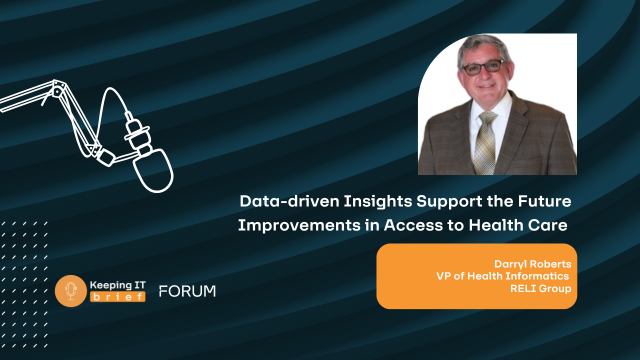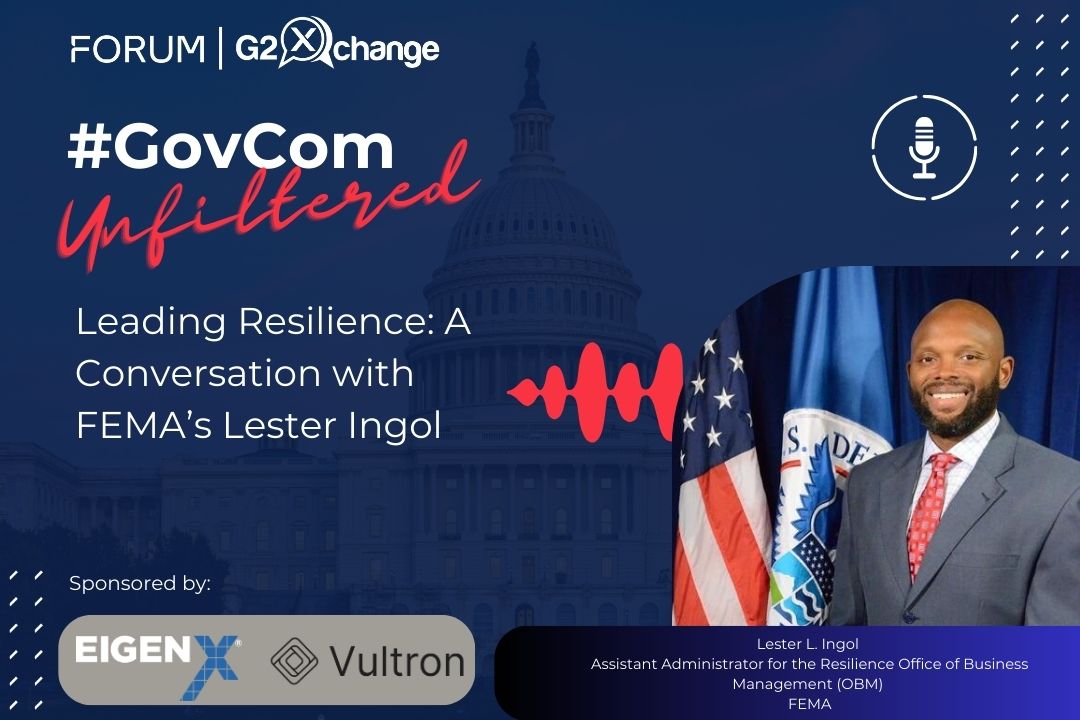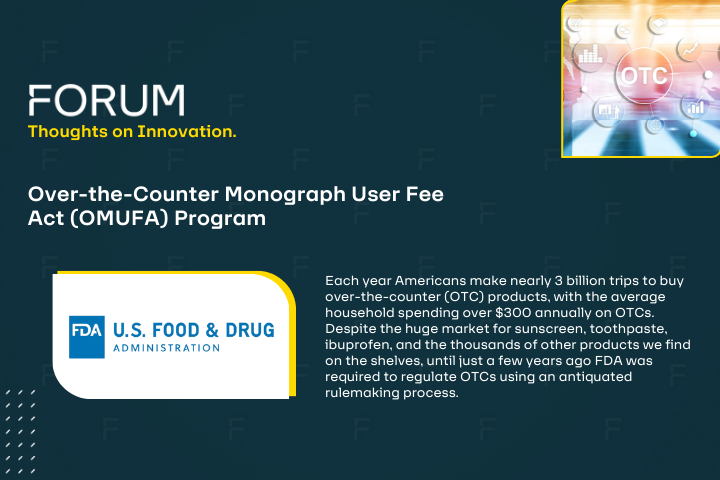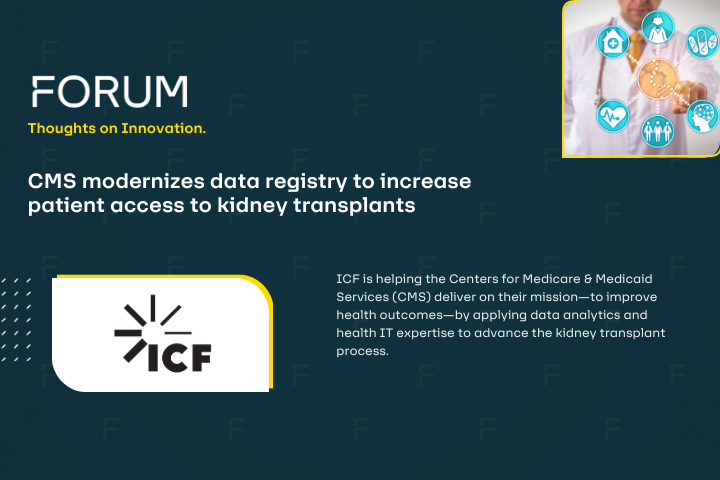Healthcare organizations continue to face constrained resources, shifting volumes, rising expenses, and market challenges with third-party disruptors. Despite these macro headwinds, recharging enterprise growth in today’s disruptive environment is possible by applying innovative strategies to familiar growth levers.
During an American Hospital Association (AHA) Advancing Health Podcast, Kevin W. Sowers, president of Johns Hopkins Health System and executive vice president of Johns Hopkins Medicine, and David Burik, partner, and Center for Health Insights leader at Guidehouse, discussed how health systems should be thinking about and preparing for the future to ensure long-term financial stability while managing day-to-day complexities.
American medicine and care delivery were forever changed in the wake of the pandemic, forcing providers to use technology in new ways. As a result, there is no return to normal for health systems but rather the challenge of managing operational issues inherent with these disruptive market changes.
Sowers adds, “It’s time to stand back and understand unintended consequences as we transform our care delivery models.” An example of Johns Hopkins capitalizing on the digital innovations to care delivery lies in the development of a precision medicine product using big datasets to look at different disease groups, such as multiple sclerosis, and understand potential outcomes of new medications and treatments. The goal is to accelerate predictive models around which treatments will provide the best outcomes. These precision medicine initiatives are also investigating how to create actionable insights from new data sources, such as wearables and other home data. Without these insights, more data risks overwhelming an already strained workforce without clear patient benefit.
An essential component of implementing these innovations is assessing the risk benefit balance. To do so, leaders must ask crucial questions such as addressing the possibility of changing the primary care model, access to capital and resources as well as ways to prioritize initiatives. “Lots of leaders don’t think these questions through, because the culture wasn’t right within the setting to embrace the change and transformation,” Sowers said.
“Out of my 40 years, it’s the most challenging time I’ve ever seen from a workforce perspective, and managing financial implications from the pandemic,” said Sowers. Many health systems are in survival mode. Decreases in specialty services at the community level and hospital closures are contributing to increases in admissions at academic medical centers and large health systems – which is increasing the cost of care.
There is a need for state and federal legislatures to come together with industry to create sustainable innovations. Unfortunately, it is becoming increasingly difficult for healthcare providers to consider what they should be doing in the next five years because they are so focused on what they need to address day to day.
However, Sowers said leaders need to be thinking about the future now. “If we don’t do this now, we aren’t going to have enough providers for the future. We’ll be facing an existential crisis in healthcare. The current way we deliver services and get paid for them isn’t sustainable,” Sowers continued. “There will be a forced transformation.”
Burik agreed, saying, “We are in a period where there is a lot of innovation and innovation doesn’t happen in a centrally planned ‘certificate of need’ kind of world. It happens case by case. I see a rethinking of what we want our health system to look like. Understanding what you’re going to be five years from now and investing to ensure that future is really relevant.”
Listen to the entire podcast here.












